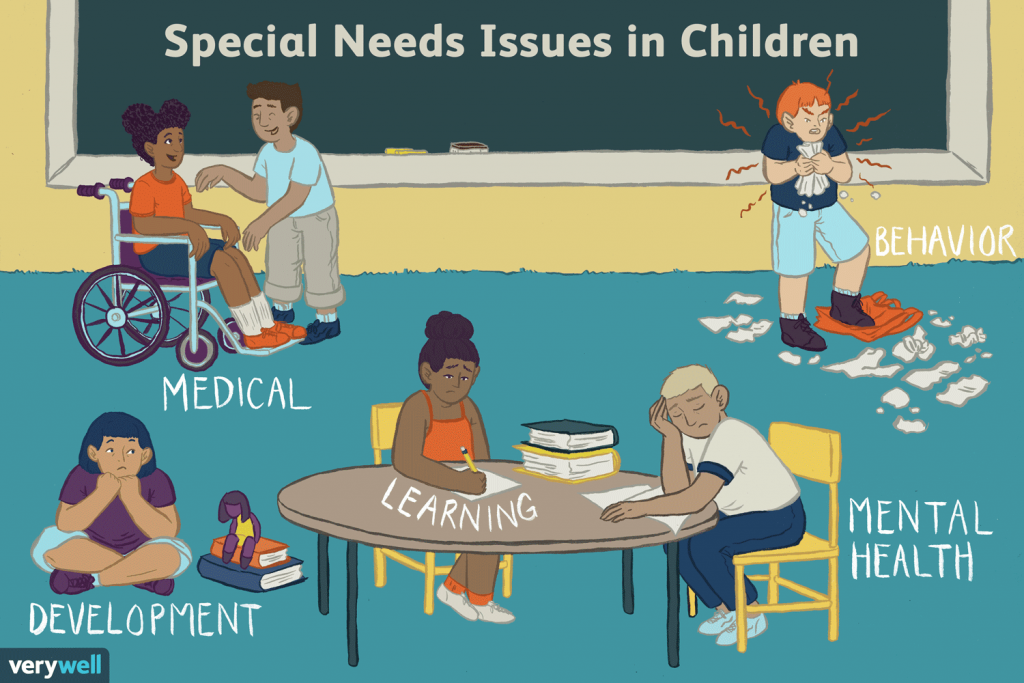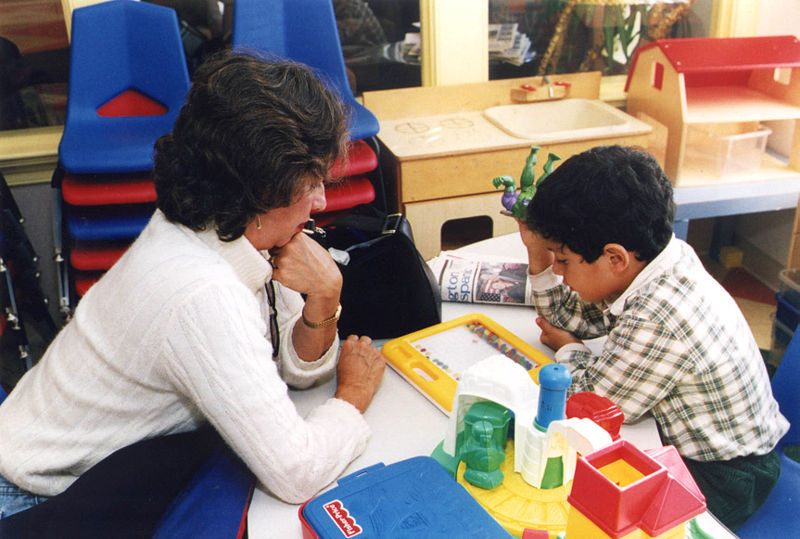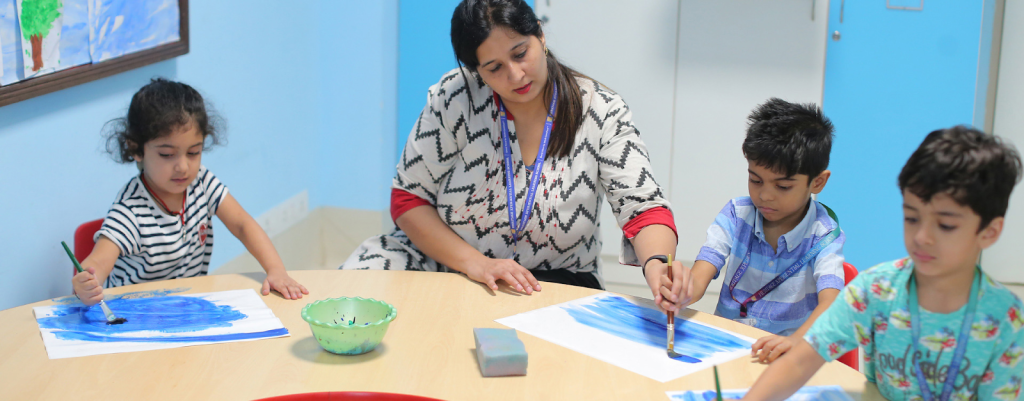Educational Tips for Supporting Children with Special Educational Needs at Home

Children with special educational needs (SEN) can learn and thrive at home with the right support from their parents. Here are some educational tips for supporting children with SEN at home:
- Get to know your child’s individual needs. Every child is different ????! The first step is to understand your child’s specific learning challenges and strengths. If you think your child has special needs, talk to their teacher. If your child’s school is an inclusive school and has a special needs program there may be a special educator that you could talk with. Sometimes, you will need further assessment from a psychologist, speech therapist, occupational therapist or special educator. Your child’s teacher will be able to guide you. Alpine First Step Preschool in Greater Noida is at the forefront of inclusive education and has committed to making this a cornerstone of its educational philosophy. It is collaborating with Childrenplus, a leading provider of Child and youth psychological and inclusion services which is bringing its world-leading LeadingStepsTM inclusive education program to the school.
- Create a structured learning environment. Children with SEN often benefit from a structured learning environment with clear expectations and routines. However, this always needs to be combined with a loving and nurturing attitude as children work best in these circumstances. It is important to not “over structure” your child’s day as this can lead to difficulties at school when they might face unexpected challenges.

- Break down tasks into small steps. Children with SEN may need help breaking down complex tasks into smaller, more manageable steps. Your child’s teacher will be able to give you guidance regarding breaking down school-related tasks. It is often useful to use similar strategies both at home and at school.
- Use visual aids. We all learn better when we can both see and hear. This is particularly true of children with special education needs. Visual aids, such as charts, graphs, and pictures, can be very helpful for children with SEN. They can also benefit from using mnemonics, such as acronyms and rhymes, to help them remember information. Remember that time in school when we had to rote learn something and making a mnemonic made it so much easier!

- Provide regular feedback and praise. We all work better with encouragement and positive feedback. Children with SEN are no different. Like us, they need feedback on whether they are going in the right direction and praise for effort and not just results. Children with SEN may need to be praised often even on smaller achievements. It is important not to confuse giving praise with giving rewards or gifts. If you are planning to reward your child, make sure that the achievement-based reward is proportionate and strategies like token systems or reward charts work very well in this regard.

- Make learning fun and engaging. When we think back to our school days, we most fondly remember the teachers that made learning fun and interesting. It may have been because of the way they shared the knowledge that they had by using games, quizzes or props so that learning was a two-way process rather than a one-way imparting of information. It is no surprise that children with SEN are more likely to stay engaged in learning if it is fun and interesting. We can do this at home by incorporating games, activities, and hands-on experiences into their learning. Nowadays apps such as Matheletics or Reading Eggs that encourage play-based learning have found their way into the curriculum in school.
- Be patient and understanding. Learning takes time for everyone, especially children with SEN. Try not to get frustrated or upset if your child doesn’t master a concept quickly. Remember, children have different strengths and learn at different speeds. This is particularly true of children with SEN.
- Seek professional help if needed. If you are struggling to support your child’s learning at home, don’t hesitate to seek professional help. Your school may be the first port of call for your special education teacher. Professional help can be essential in helping your child engage and grow with their learning. Childrenplus, a leading provider of Child and youth psychological and inclusion services has a team of experienced psychologists, special educators, speech therapists and occupational therapists who can provide comprehensive assessment and intervention services.
By following these tips, you can help your child with SEN reach their full potential. Remember, every child learns differently, so be flexible and creative in your approach. The most important thing is to provide your child with a loving and supportive environment where they feel safe and comfortable learning. This makes learning fun for your child and parenting a pleasure for you!
Childrenplus, with its team of dedicated psychologists and counsellors, specializes in providing comprehensive psychological health services for children and young people. Contact us to know more.


